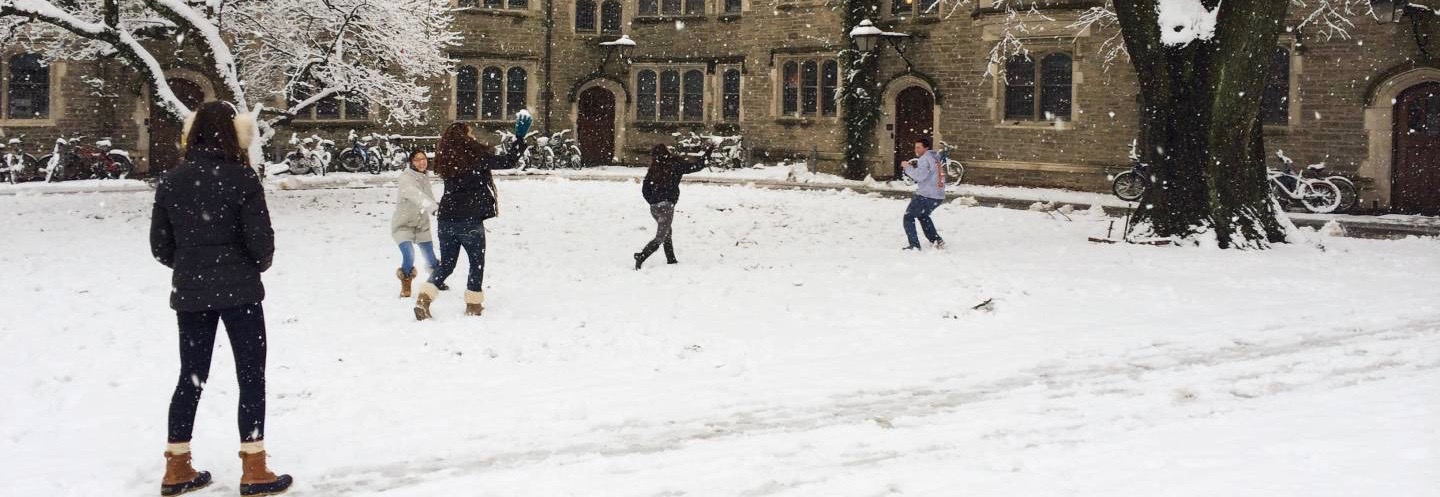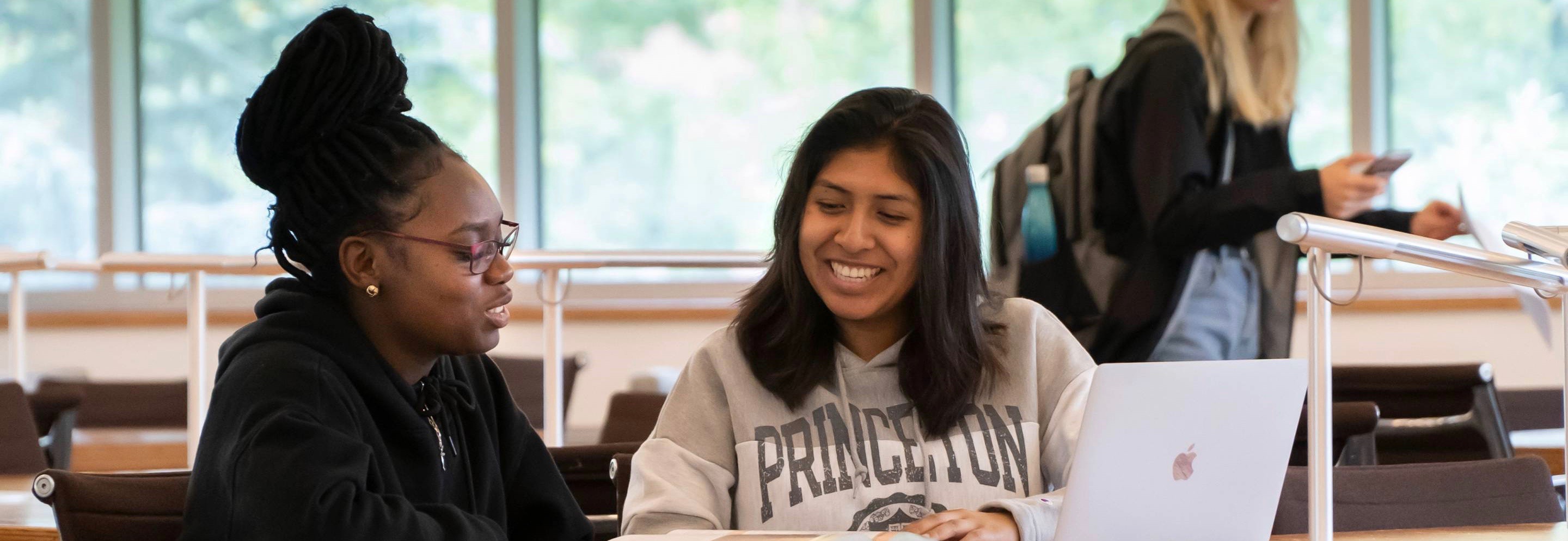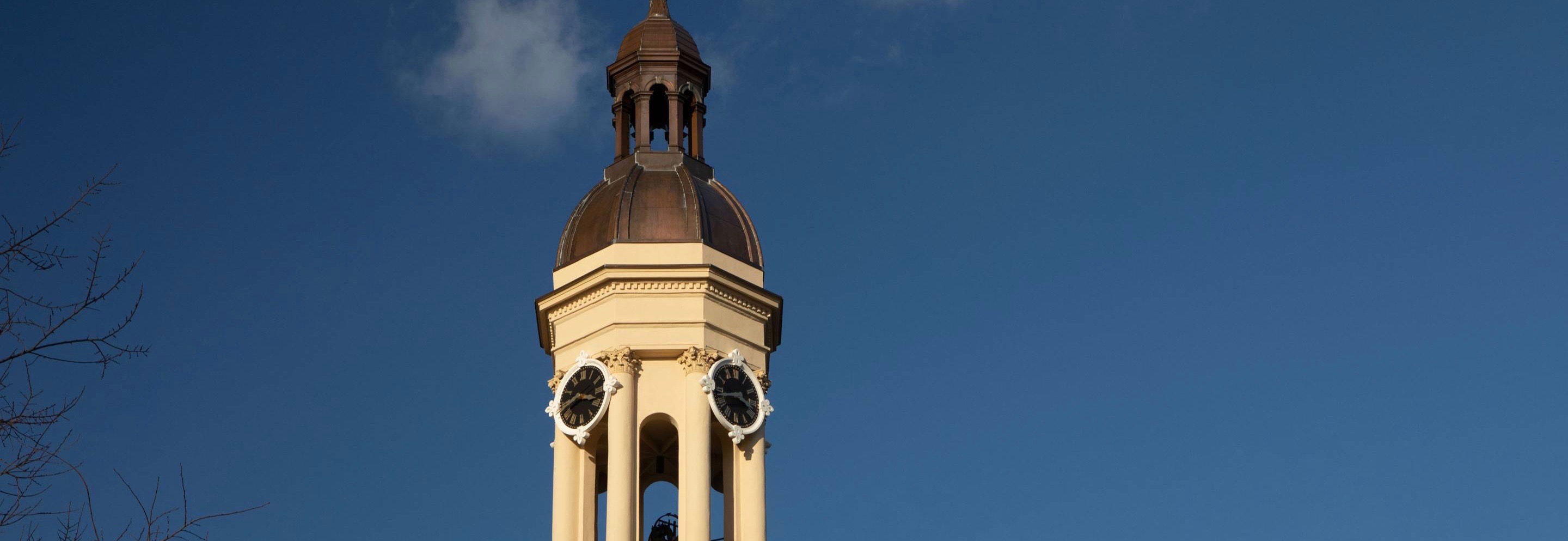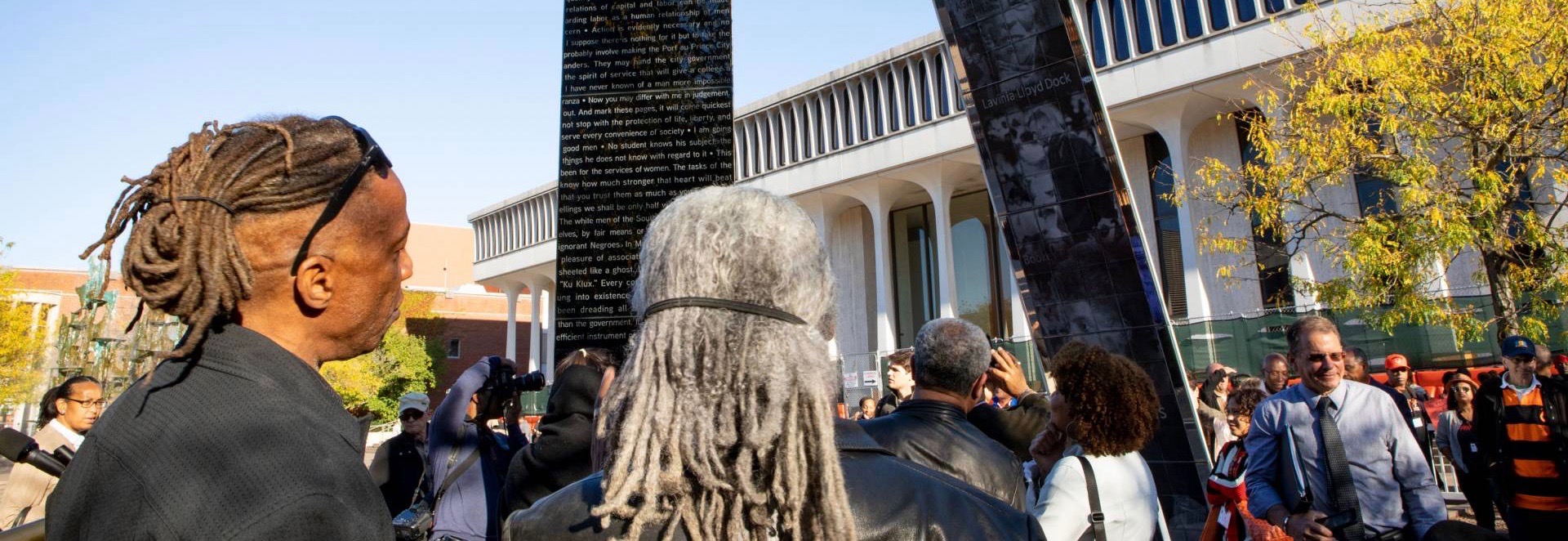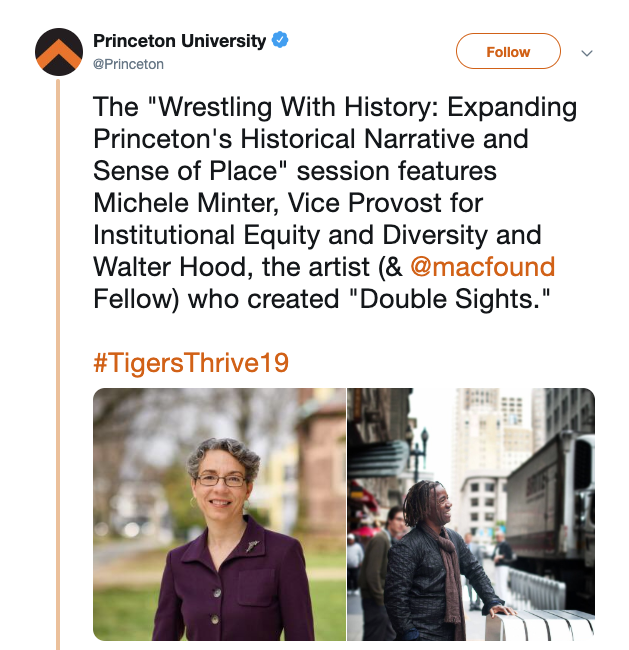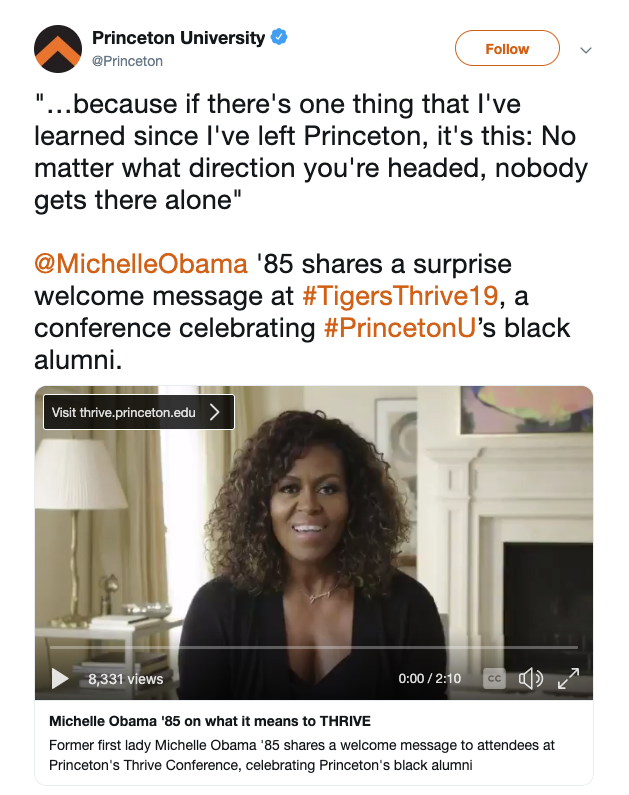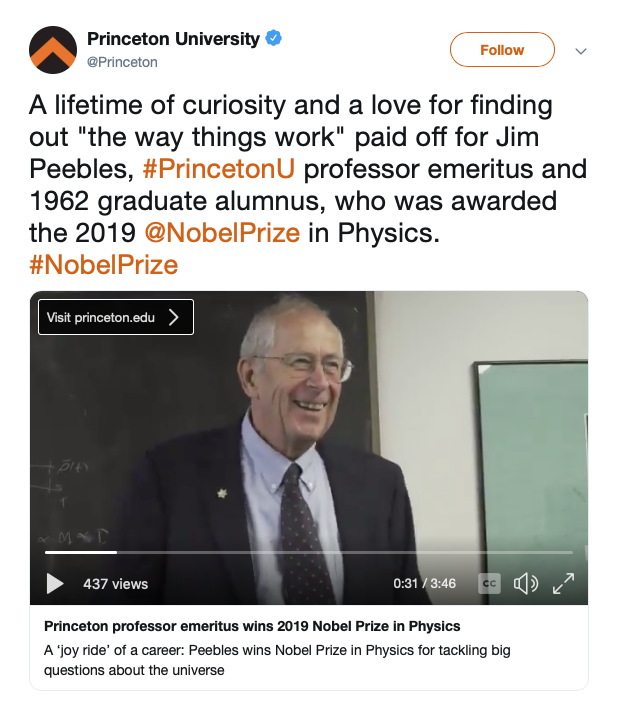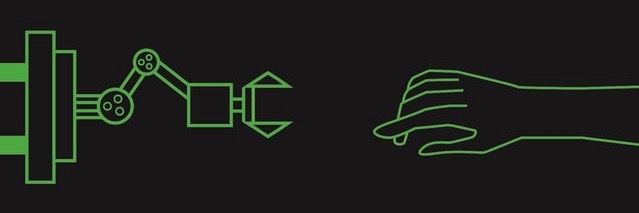 The twentieth century witnessed the triumph of democratic capitalism in the industrialized West, with widespread popular support for both free markets and representative elections. Today, that political consensus appears to be breaking down, disrupted by polarization and income inequality, widespread dissatisfaction with democratic institutions, and insurgent populism. Tracing the history of democratic capitalism over the past two centuries, Carles Boix explains how we got here—and where we could be headed.
The twentieth century witnessed the triumph of democratic capitalism in the industrialized West, with widespread popular support for both free markets and representative elections. Today, that political consensus appears to be breaking down, disrupted by polarization and income inequality, widespread dissatisfaction with democratic institutions, and insurgent populism. Tracing the history of democratic capitalism over the past two centuries, Carles Boix explains how we got here—and where we could be headed.
https://press.princeton.edu/books/hardcover/9780691190983/democratic-capitalism-at-the-crossroads

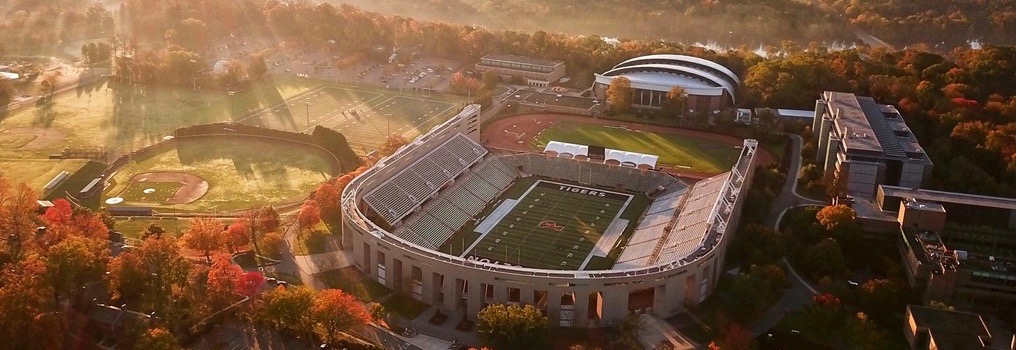
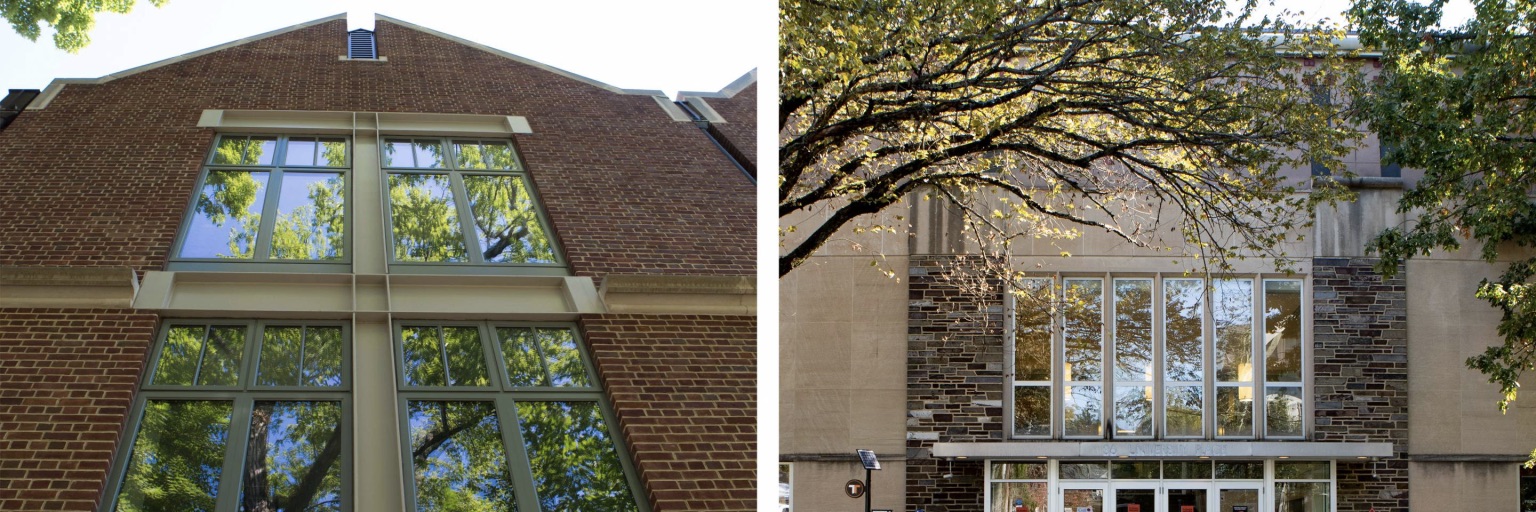


 Drawing from his own background working blue-collar jobs and his father’s experience working as a security guard at the Detroit Institute of Art, visual artist Mario Moore sought to shine a light on the African American men and women who work these types of jobs at Princeton.
Drawing from his own background working blue-collar jobs and his father’s experience working as a security guard at the Detroit Institute of Art, visual artist Mario Moore sought to shine a light on the African American men and women who work these types of jobs at Princeton.
